- Sharjah, United Arab Emirates
- CALL ANYTIME : +971 6 534 5585
- info@aim-insu.com
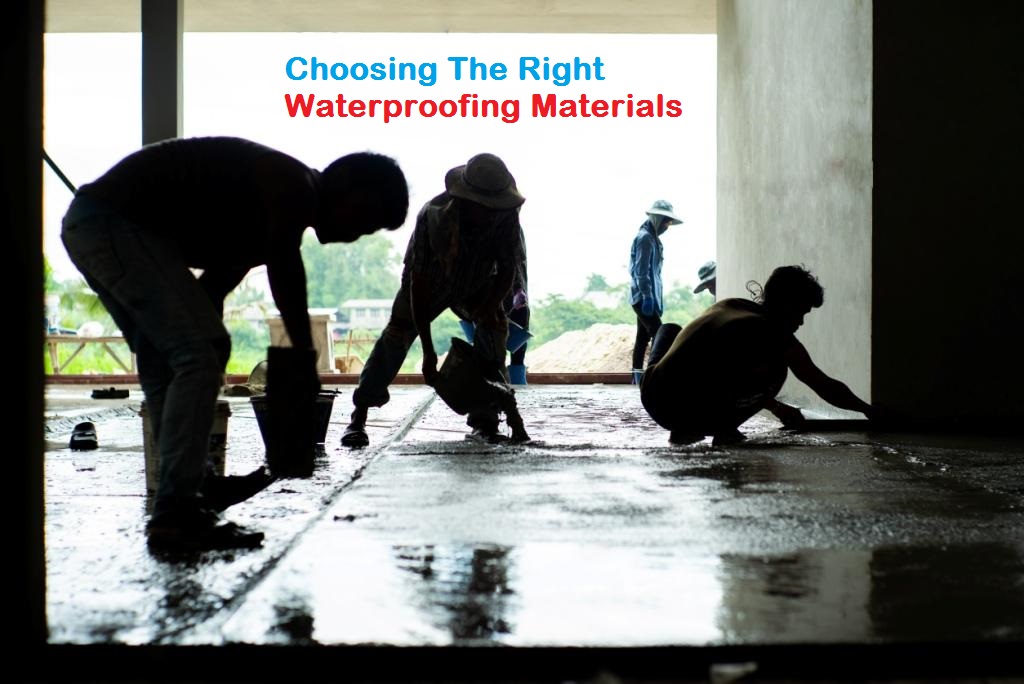
When it comes to protecting your home or building from water damage, choosing the right waterproofing material is essential. Water can cause serious damage to structures over time, leading to costly repairs. Fortunately, there are many waterproofing materials available that can help keep your spaces dry. In this article, we’ll explore the best waterproofing materials, including their benefits and uses.
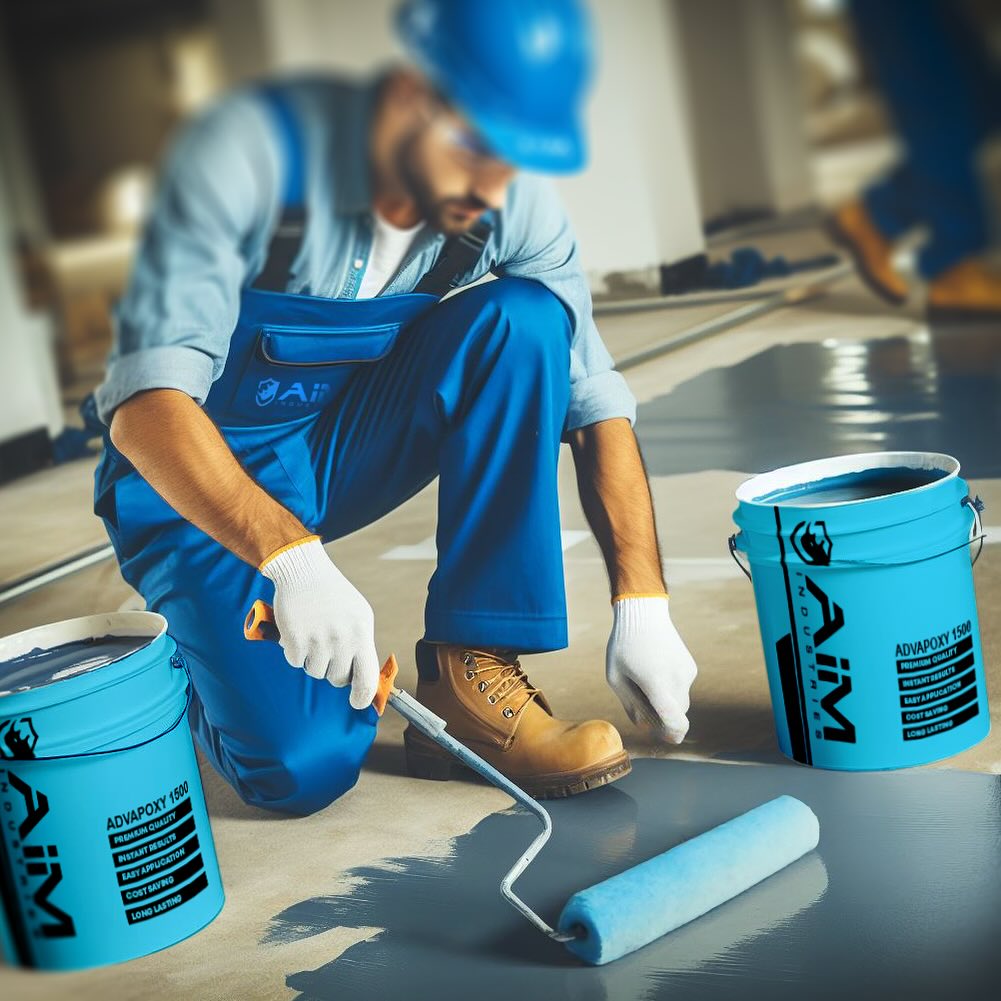
If you're wondering which is the best waterproofing material, we've got you covered! Check out our detailed guide on the top waterproofing materials and choose the best one for your needs. Don't let water damage be a problem—explore your options today!
Cementitious coatings are one of the most common waterproofing materials used for both residential and commercial buildings. These coatings are made from a mixture of cement, sand, and other additives that create a water-resistant layer on surfaces. They are ideal for basements, swimming pools, and areas exposed to constant moisture.
Advantages:
Best for: Areas prone to water exposure, such as basements and foundations.
Acrylic coatings are a popular choice for waterproofing roofs and walls. These coatings are made from acrylic resins and offer a flexible, waterproof barrier. Acrylic coatings are available in both liquid and spray forms, making them easy to apply.
Advantages:
Best for: Roofs, walls, and other exterior surfaces.
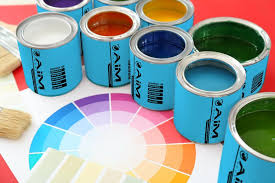
Polyurethane coatings are known for their durability and flexibility. These coatings can withstand harsh weather conditions and provide a strong water-resistant layer. They are often used for waterproofing flat roofs, balconies, and terraces.
Advantages:
Best for: Flat roofs, balconies, and areas exposed to harsh weather.
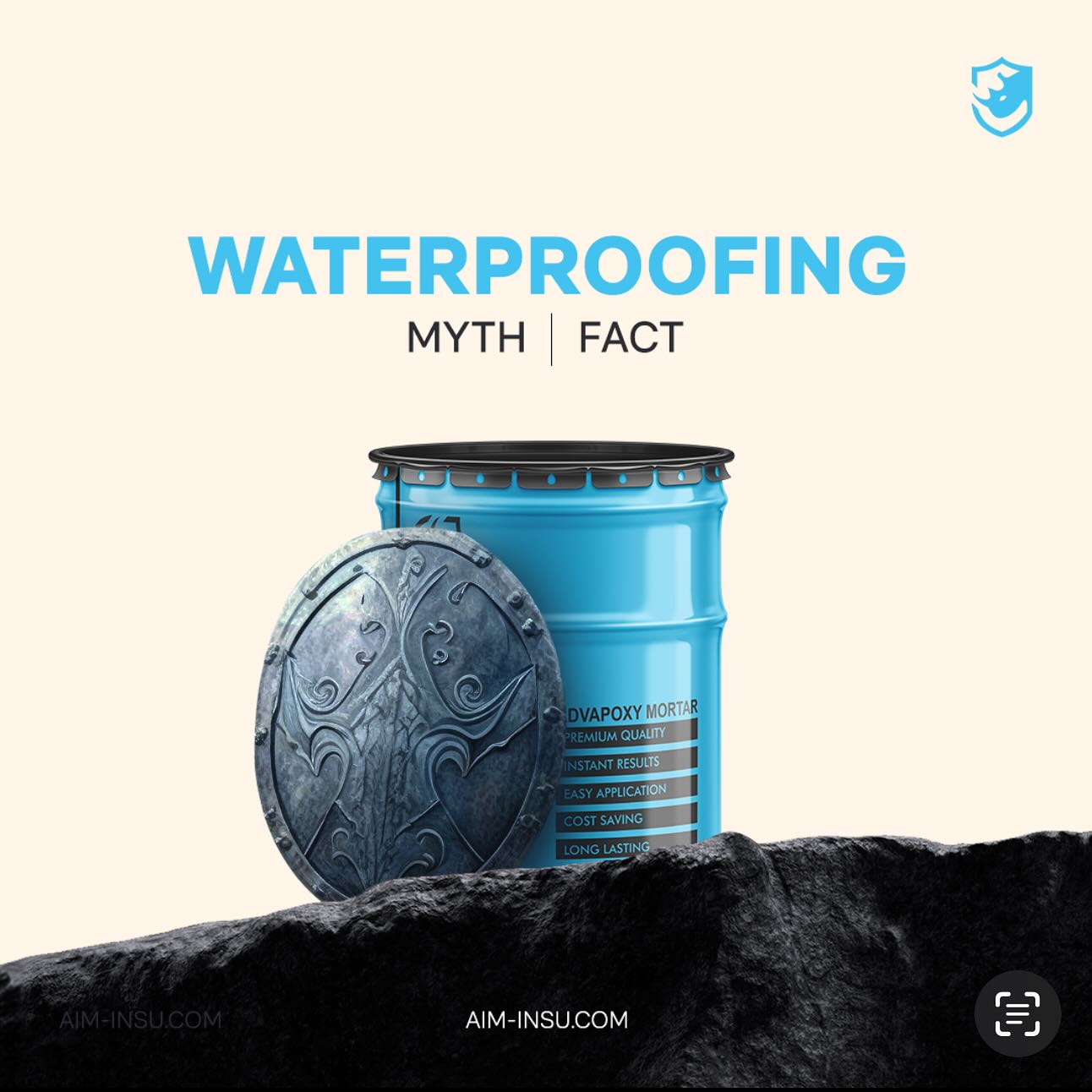
Crystalline waterproofing products are designed to create an internal barrier within concrete, making it water-resistant. These products contain chemicals that react with the moisture in the concrete, forming crystals that block water pathways. The result is a permanent water-resistant structure.
Advantages:
Best for: Concrete structures like basements, foundations, and retaining walls.
Protective coatings are designed to provide a waterproof barrier while also offering additional protection against wear and tear. These coatings are often used in industrial settings, but they can also be applied in residential spaces. They can be made from a variety of materials, including epoxy, polyurethane, and polyurea.
Advantages:
Best for: Industrial and high-traffic areas, as well as concrete floors and walls.
Waterproofing membranes are thin layers of material that are applied to surfaces to prevent water from penetrating. They are typically made from bitumen, rubber, or plastic and can be applied to both horizontal and vertical surfaces. Waterproofing membranes are highly effective in areas with heavy water exposure.
Advantages:
Best for: Roofs, foundations, and wet areas like bathrooms and kitchens.
Bituminous coating is a popular choice for flat roofs, terraces, and foundations. It is made from bitumen, a thick, black substance derived from petroleum. Bitumen Liquid is typically applied in a sheet form, either hot or cold, and provides a durable and flexible barrier against water.
Advantages:
Best for: Flat roofs, terraces, and foundations.
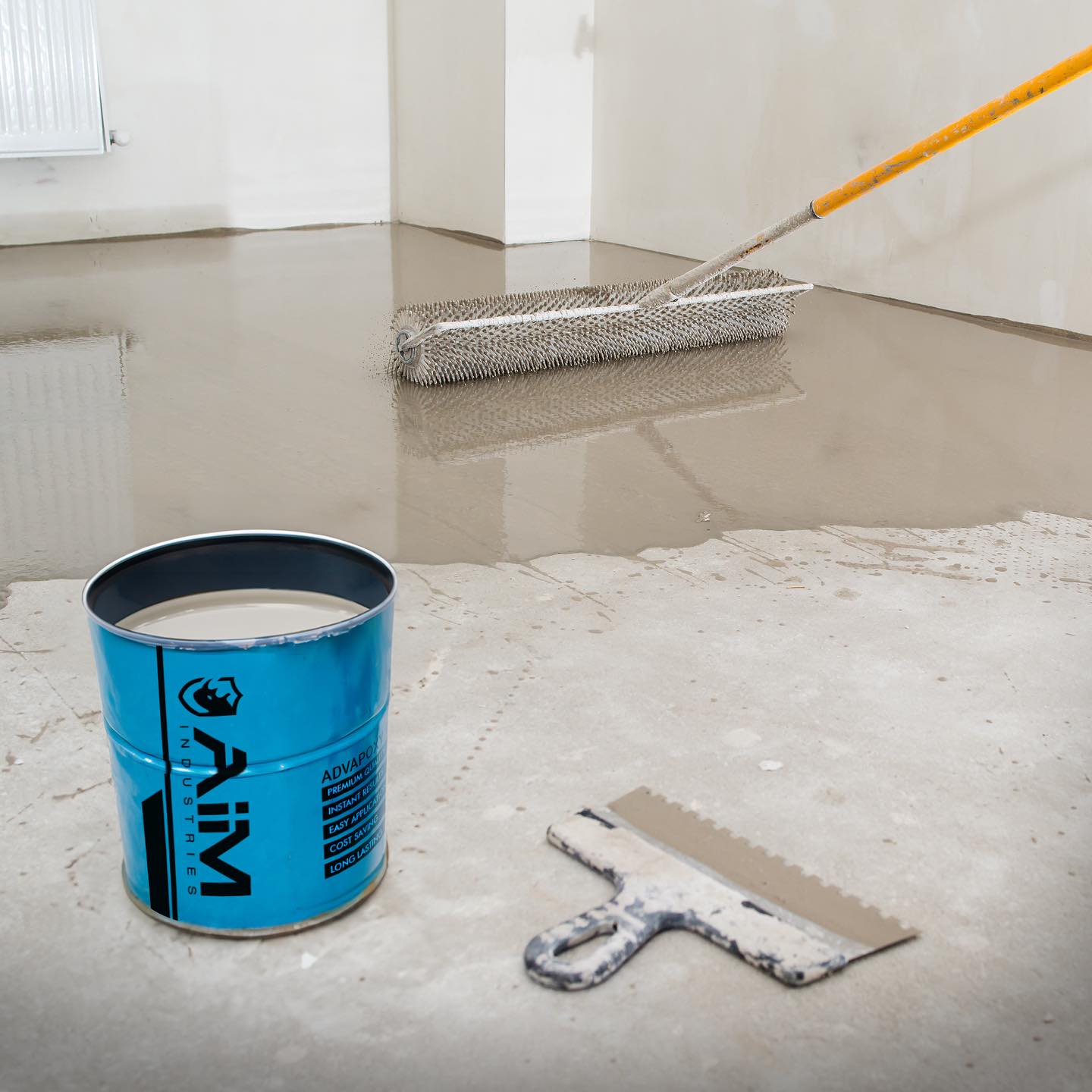
Thermoplastic waterproofing materials are made from polymers that become flexible when heated and harden when cooled. These materials are often used for roofing systems, especially in commercial and industrial settings. Thermoplastic waterproofing is known for its high resistance to water, UV rays, and weathering.
Advantages:
Best for: Commercial and industrial roofs, as well as large flat surfaces.
Epoxy coatings are commonly used for floors and surfaces that require a durable, water-resistant finish. Epoxy is a two-part resin that, when mixed, forms a hard, protective coating. It is highly resistant to water, stains, and chemicals, making it ideal for both residential and industrial use.
Advantages:
Best for: Floors, basements, and industrial areas.
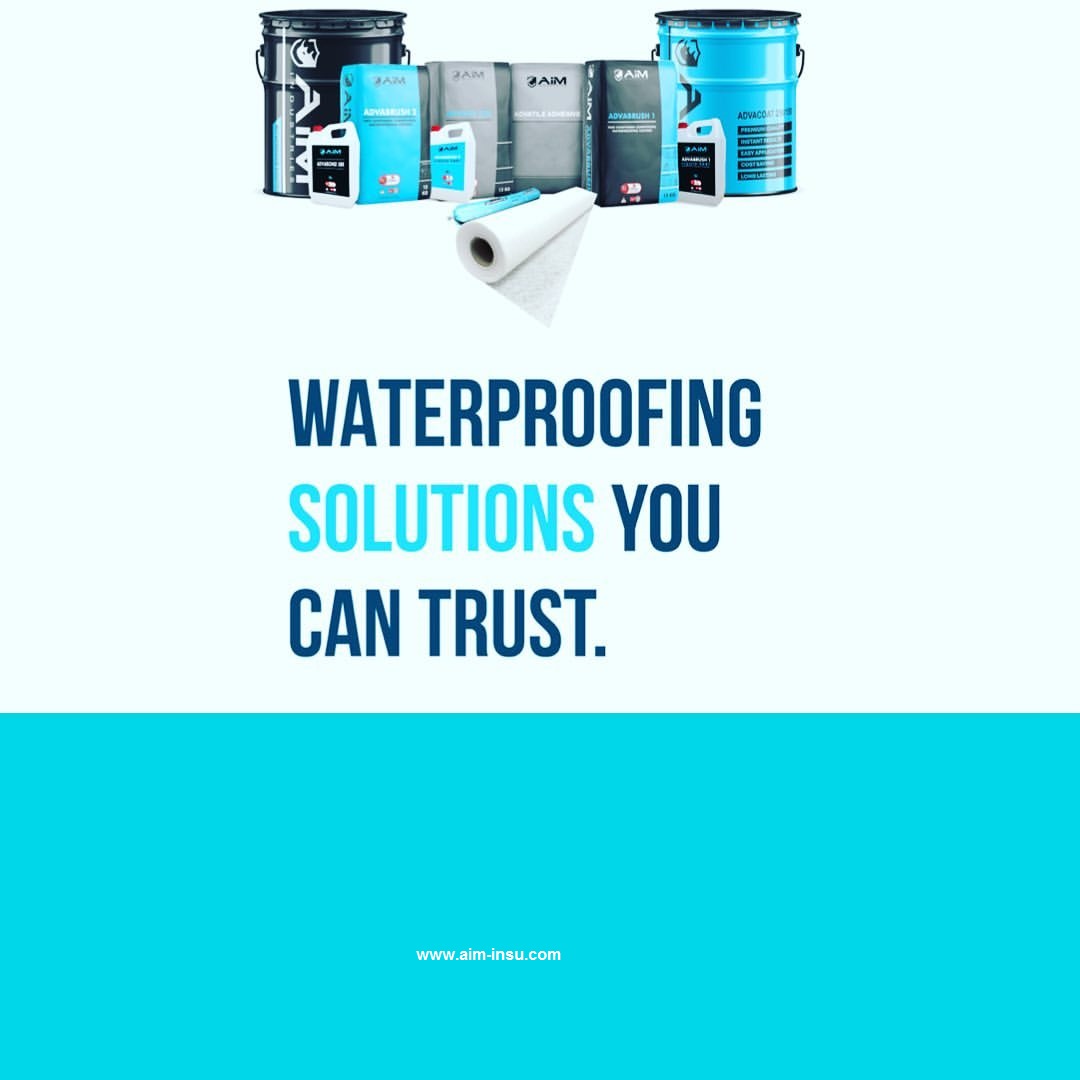
Silicone waterproofing is one of the most flexible and long-lasting waterproofing materials. It is often used for sealing joints, cracks, and seams in areas that are exposed to heavy moisture. Silicone waterproofing can be applied to various surfaces, including concrete, wood, metal, and tiles.
Advantages:
Best for: Sealing joints, cracks, and seams in roofs, windows, and other areas exposed to moisture.
Choosing the right waterproofing building materials depends on the specific needs of your building or structure. Whether you’re protecting a flat roof, a basement, or a bathroom, there is a waterproofing material that is perfect for the job. Cementitious coatings, acrylic coatings, and polyurethane coatings are all excellent choices for general waterproofing, while more specialized materials like crystalline products, bitumen, and thermoplastic waterproofing offer enhanced protection for specific applications.
No matter what material you choose, ensure that it is applied properly to ensure long-lasting protection. Waterproofing is an investment that will protect your home or building from the damaging effects of water, and with the right material, you can enjoy peace of mind knowing that your property is well-protected.